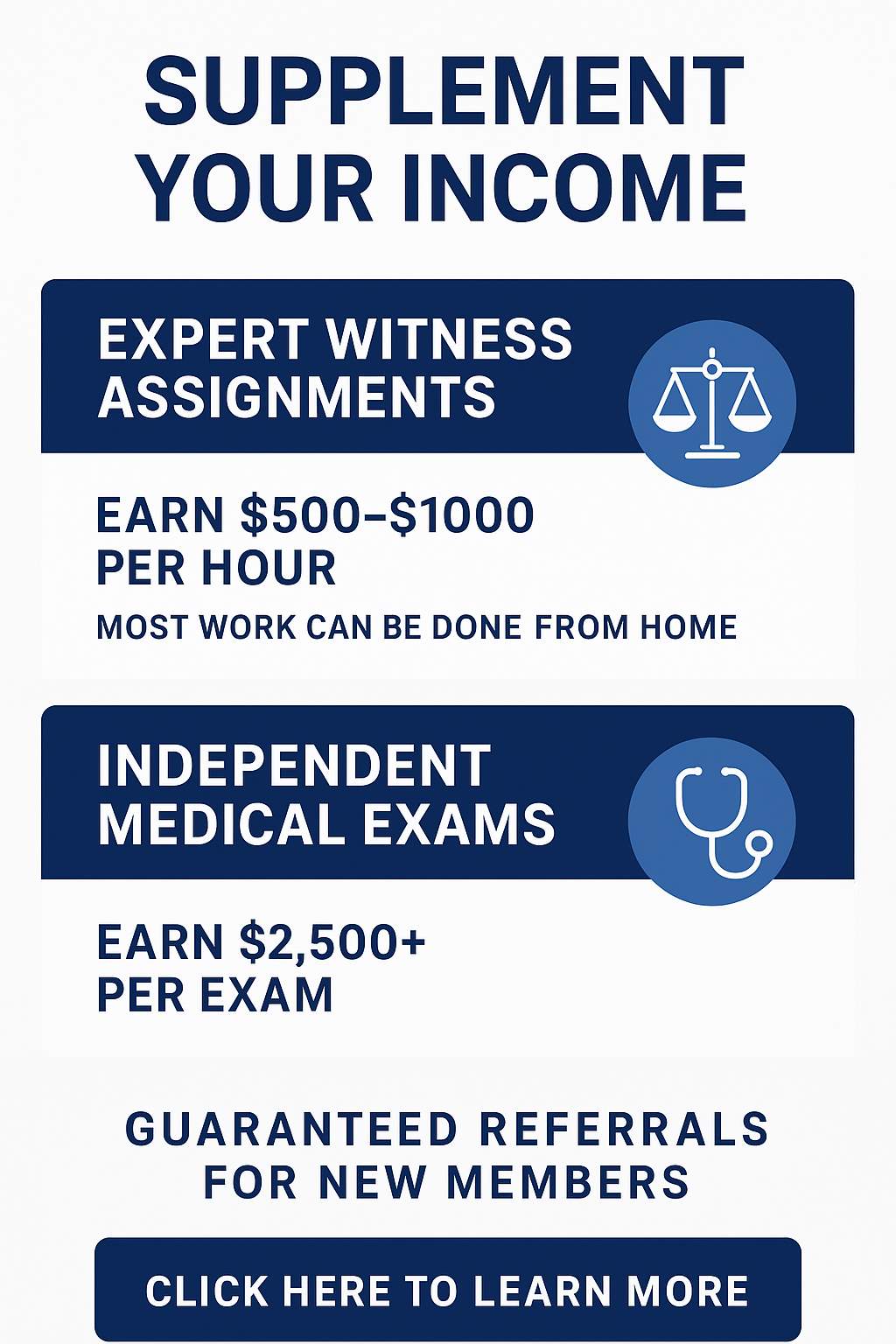Non-Clinical Opportunities for Physicians at Non-Profits
Daniel Carlat MD, Project Director, The Pew Charitable Trusts
While most of us went into medicine to treat patients, there may come a time in our careers when we want to explore other opportunities. Working at a non-profit is a great option to consider. Non-profits are organizations that have been formed to achieve a mission or to promote a cause, rather than to attain financial gain. Some of the larger non-profits with active health care programs include the Bill and Melinda Gates Foundation, the Robert Wood Johnson Foundation, Doctors without Borders, and The Pew Charitable Trusts, which is where I work.
Many physicians become aware of larger public health issues as a result of their clinical work with individuals. For example, perhaps you have found that poorer patients have difficulty accessing quality care. You ask yourself, “How can I make a difference?” You may see hundreds of patients in your medical practice, but through the vehicle of a non-profit, you can change health care policies that will directly help millions of people.
In my own case, as a practicing psychiatrist I became concerned about the influence of pharmaceutical marketing on clinical practice and research. This eventually led me to my current position, in which I am the director of a project devoted to enhancing transparency of financial relationships between doctors and the drug and device industries.
There are many advantages of working in a non-profit environment. Much of my work is collaborative, and I am able to discuss significant issues in health care policy with colleagues who are extremely bright and devoted to improving the system. I enjoy the immense variety of tasks that occupy my schedule. And I feel that I am making a tangible difference in the world of health care.
If you’ve developed a passion about a social issue, consider working for a non-profit. You can translate your passion into action and change, and there are few jobs more rewarding than that.
—-
Daniel Carlat, MD oversees The Pew Prescription Project, which seeks to ensure transparency in physician-industry relationships and promotes policies to reduce or manage conflicts of interest that could affect patient care. Before joining The Pew Charitable Trusts, Dr. Carlat was a practicing psychiatrist and was president and CEO of Carlat Publishing LLC, which publishes non-industry supported continuing medical education newsletters for psychiatrists and other mental health practitioners. Dr. Carlat is the author of numerous peer-reviewed articles and professional books in psychiatry, most notably The Psychiatric Interview: A Practical Guide, currently in its third edition and translated into several languages. In addition to his professional writing, Dr. Carlat has written about conflicts of interest for the New York Times, the New York Times Magazine, and Wired. His article for The New York Times Magazine, “Dr. Drug Rep”, was selected for Harper Perennial’s Best Science Writing 2008 anthology. In 2010, he published his first book for a general audience, Unhinged: A Doctor’s Alarming Revelations about a Profession in Crisis. The book, which proposes solutions for reforming the mental health care system in the U.S., has garnered significant media attention, including a July 2010 interview on NPR’s Fresh Air. Dr. Carlat received his M.D. at the University of California, San Francisco, and completed his psychiatric residency at Massachusetts General Hospital in Boston. He is associate clinical professor of psychiatry at Tufts School of Medicine.
Job Postings: 500+ Links to Non-Clinical Jobs
7 Proven Ways to Supplement Your Clinical Income


